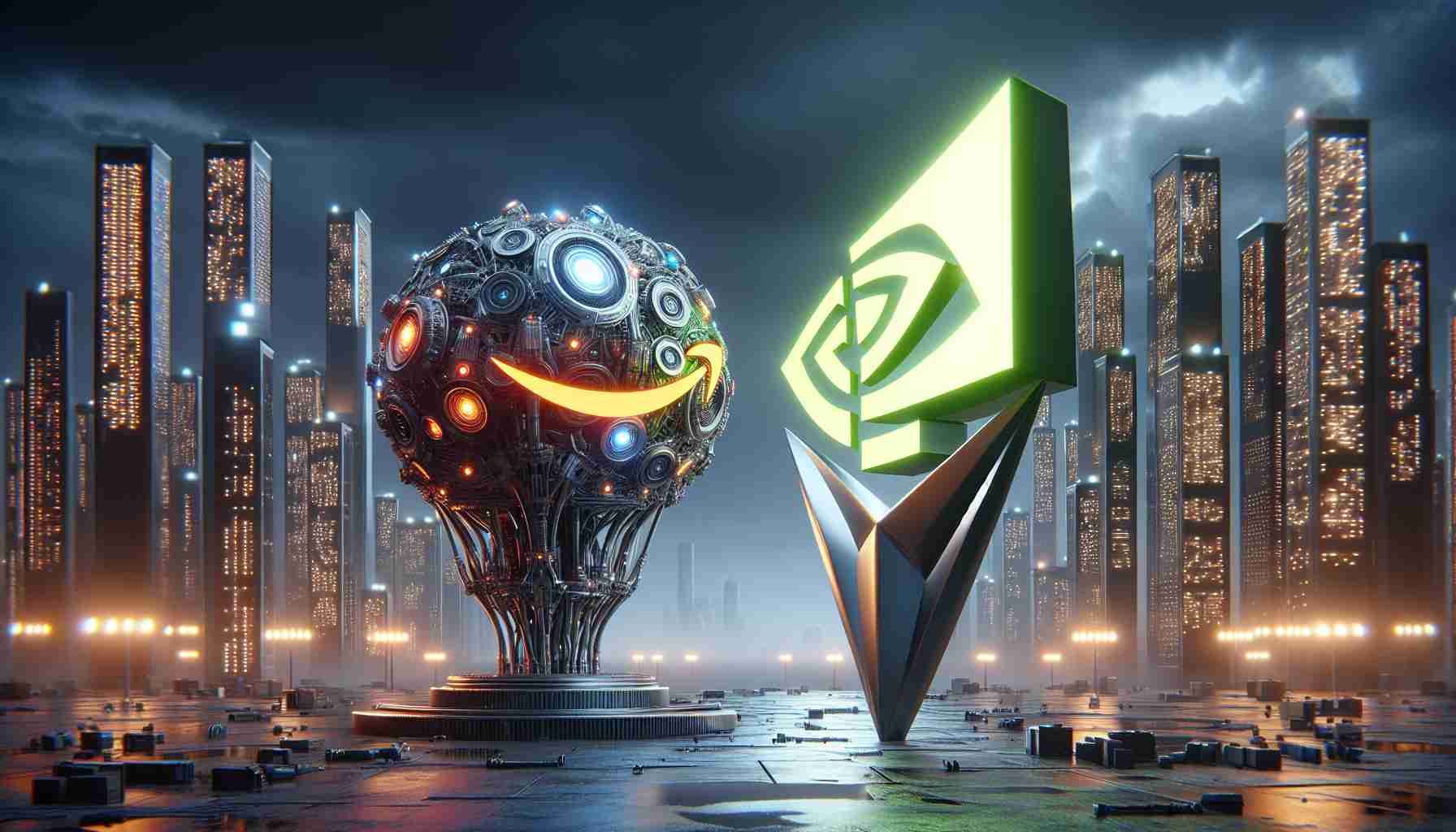### The Dawn of Quantum Technologies
At the turn of the twentieth century, the first quantum revolution transformed our understanding of physics, introducing groundbreaking concepts like wave-particle duality. This shift in perspective led to innovations such as transistors, lasers, and the computers we use today. However, a second revolution in quantum theory, sparked by a historic clash between legends Albert Einstein and Niels Bohr in 1935, is currently in progress.
Renowned physicist Alain Aspect has been at the forefront of this movement. His pioneering work on **entangled particles** showcases how these particles can communicate over vast distances, challenging our conventional notions of technology and security. This fascinating research holds the potential to radically change industries, particularly in fields such as **cryptography** and the nascent domain of **quantum computing**.
One major breakthrough is Shor’s algorithm, a method that may simplify complex problems such as prime factorization, a process crucial for internet security. Unlike classical computing, where a bit is either 1 or 0, qubits found in quantum systems can exist in multiple states simultaneously—this property can supercharge computational capabilities exponentially.
As developments in quantum theory and technologies continue to unfold, they are set to redefine the future of numerous sectors. Keep an eye on this evolving narrative, as it promises to reshape our digital landscape.
Alain Aspect, a distinguished scientist and winner of the 2022 Nobel Prize, remains committed to this revolutionary field. Dive into his insights today by exploring his latest book, “Einstein and the Quantum Revolutions.”
Unlocking the Future: How Quantum Technologies Will Transform Our World
### The Dawn of Quantum Technologies
The advent of quantum technologies marks a seismic shift in the landscape of science and engineering, akin to the first quantum revolution of the early 20th century. This ongoing second quantum revolution, influenced by seminal debates among physicists like Albert Einstein and Niels Bohr, is now reshaping industries ranging from cryptography to computing.
### Key Features of Quantum Technologies
1. **Quantum Entanglement**: This phenomenon allows particles to remain connected in ways that classical physics cannot explain, enabling instantaneous communication regardless of distance. This could revolutionize how data is transmitted securely.
2. **Quantum Computing**: Utilizing qubits, quantum computers can process massive amounts of information simultaneously. This capability allows for the execution of algorithms—like Shor’s algorithm for prime factorization—much faster than classical computers.
3. **Quantum Cryptography**: By leveraging quantum principles, cryptography can achieve unprecedented levels of security. Quantum Key Distribution (QKD) ensures that any attempt at eavesdropping will be detectable, safeguarding sensitive information.
### Use Cases and Applications
– **Cybersecurity**: Quantum encryption offers a robust defense against hacking, using the inherent unpredictability of quantum mechanics to secure data transmission.
– **Drug Discovery**: Quantum simulations can model complex molecular interactions, speeding up the discovery process of new pharmaceuticals.
– **Optimizing Supply Chains**: Quantum algorithms can analyze vast datasets to optimize logistics and distribution, potentially reducing costs and improving efficiency.
### Pros and Cons of Quantum Technologies
**Pros**:
– **Enhanced Security**: Quantum systems can offer security measures that are theoretically unbreachable.
– **Increased Processing Power**: Significantly faster problem-solving capabilities for complex computations.
– **Innovative Solutions**: Potential to tackle global challenges, including climate change and energy consumption.
**Cons**:
– **High Costs**: Developing and maintaining quantum technologies is currently expensive.
– **Complexity**: Quantum systems are difficult to design, manage, and operate, requiring specialized knowledge.
– **Uncertain Regulations**: As the technology evolves, establishing legal frameworks for its use may lag behind, leading to challenges in governance.
### Pricing and Market Trends
The market for quantum computing is projected to reach **$65 billion by 2030**, driven by rising investments from tech giants and governments alike. Companies such as IBM, Google, and D-Wave are already making strides in commercializing quantum solutions.
### Innovations on the Horizon
As researchers like Alain Aspect continue to lead breakthroughs, several innovations are anticipated:
– **Error Correction**: Advances in error correction techniques will make quantum computers more reliable.
– **Hybrid Systems**: Integration of classical and quantum computing technologies to harness the advantages of both.
– **Scalable Quantum Networks**: Development of larger networks capable of supporting quantum communication on a broader scale.
### Predictions for the Future
The implications of quantum technologies are vast. Within the next decade, we might see quantum-enhanced algorithms integrated into everyday applications, transforming industries such as finance, healthcare, and logistics. With ongoing research and development, the potential of quantum technologies is only beginning to be realized.
### Conclusion
The second quantum revolution is not just a theoretical concept; it is actively progressing and will soon influence our daily lives in profound ways. With leaders like Alain Aspect innovating and advocating for quantum research, the future looks promising. To stay updated on this rapidly evolving field, consider exploring more on quantum theories and technologies at Quanta Magazine.
### FAQs About Quantum Technologies
**What is quantum entanglement?**
Quantum entanglement is a phenomenon where particles become interconnected, allowing the state of one to instantly influence the state of another, regardless of distance.
**How does quantum computing differ from classical computing?**
Quantum computing uses qubits which can exist in multiple states simultaneously, allowing them to perform many calculations at once, unlike classical bits which can only be either 0 or 1.
**What industries will benefit the most from quantum technologies?**
Industries such as cybersecurity, pharmaceuticals, finance, and logistics are expected to benefit significantly from the advancements in quantum technologies.















